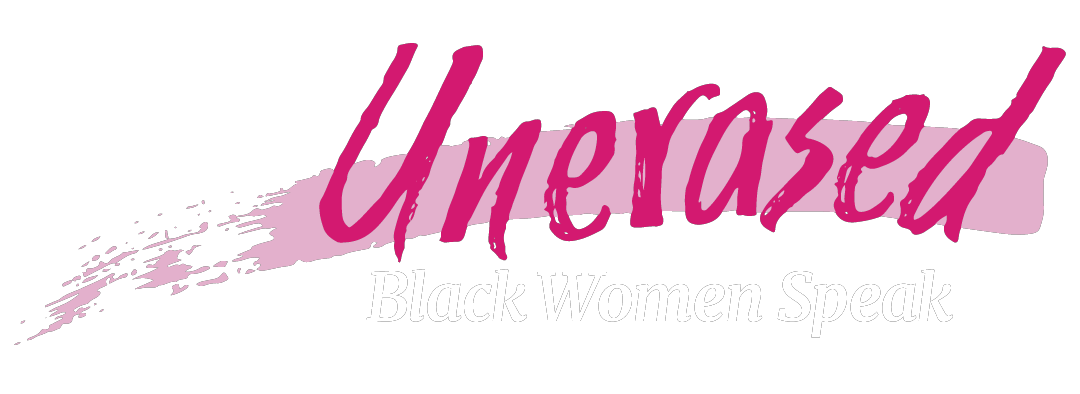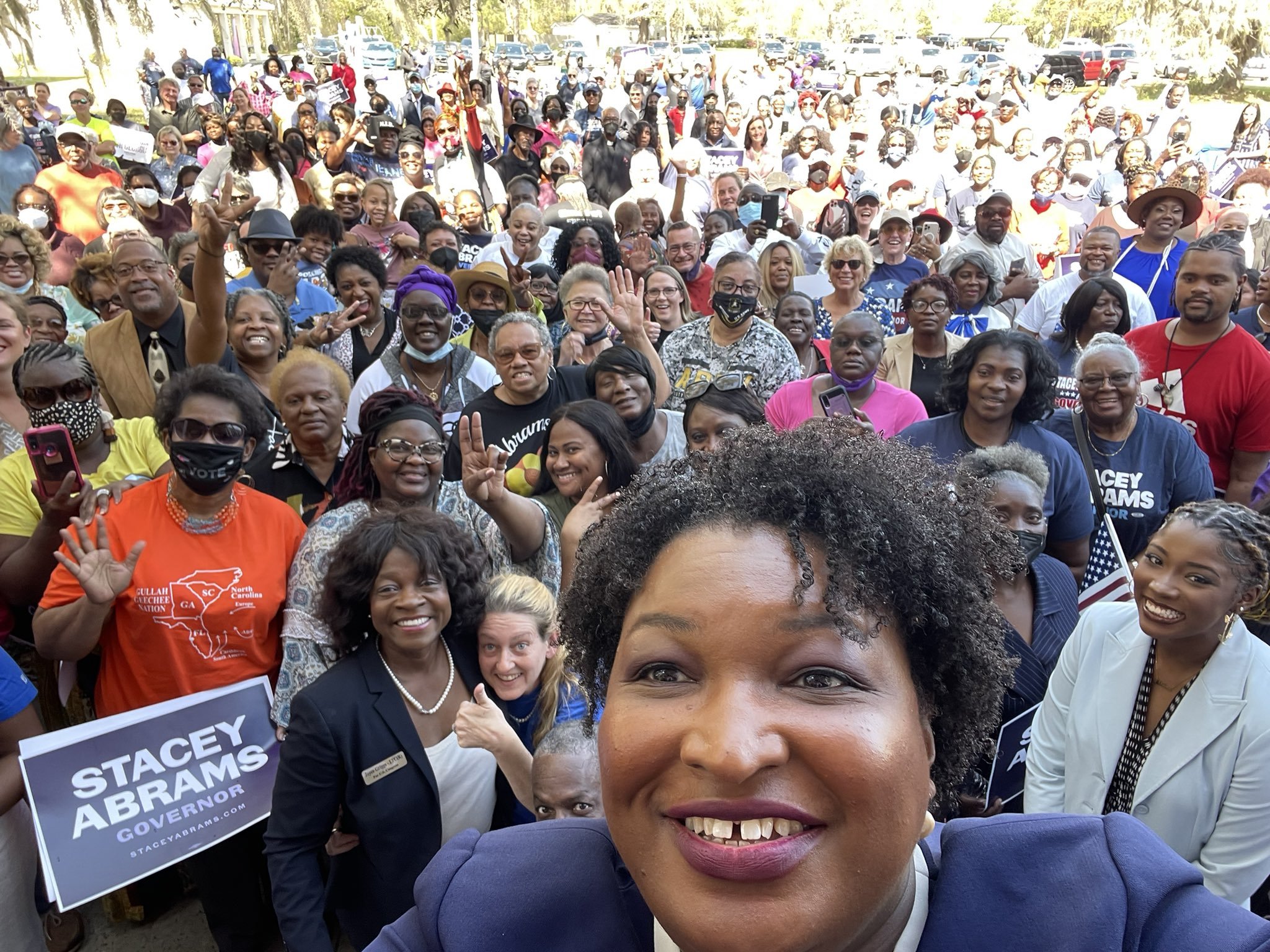By Joshua Levi Perrin
Georgia, once a ruby-red stronghold and haven for good old boy “Dixiecrats,” witnessed a seismic shift. For many it appeared as a slow-rolling swing years before it gained national attention.
This transformation was driven by relentless activists, Black women like Helen Butler and her Georgia Black Women’s Roundtable. The evidence of their impact came to the forefront in the galvanizing campaign of Stacey Abrams in 2018, a movement built on years of activism by once uncounted grassroots leaders across the state.
If the impact of that movement was not clear in 2018, two years later the sea change was undisputed. When Georgia flipped the senate, the color lines from red, to purple, to blue delivered a long-fought victory for Black women advocacy and grassroots leaders. Their efforts delivered the historic election of Raphael Warnock, Georgia’s first Black senator, and Jon Ossoff, its first Jewish senator, tipping the balance of the Senate to the Democratic Party.
Butler, also executive director of the Georgia Coalition for the People’s Agenda, joined with sister activists from across the state, region and nation. Going beyond simply encouraging votes, they built a movement demanding accountability from elected officials.
The Georgia Black Women’s Roundtable, part of the National Black Women’s Roundtable, energized communities and fostered a spirit of resilience. Earlier this summer, they convened a “Black Women’s Agenda” conference, drawing more than 100 leaders. This included Black women mayors, state representatives, organizational leaders, youth activists, and community organizers wedded to forging a strategy to ensure a historic turnout of Black voters statewide.
The rollcall of participants reflected the Who’s Who of quiet warriors—many of them longtime activists who usually fly under the radar of media spotlights.
Mary-Pat Hector, CEO of Rise, a youth and student advocacy group and leader of Georgia Youth Vote, affirmed that her work is engrained in the momentum that they will carry into the November election.
“It’s not going to be the parties or the political candidates that push our communities to the polls. It’s going to be us. It will be us in 2024. Just as it was us in 2020,” Hector insists.
The Roundtable has consistently focused on strategies to mobilize voters, ensuring that everyone have a plan and access to the polls through initiatives like Mobilizing Block by Block.
The brilliance of the Abrams campaign was to build upon the mobilization that had caught fire by the time she launched her gubernatorial campaign in 2017.
Abrams’ organization Fair Fight Action, played a significant role in expanding Georgia’s battleground in the national spotlight. The mission was clear: dismantle the barriers that had long suppressed voter turnout, especially among marginalized communities.
Backed by Black women and allies, Abrams orchestrated a groundbreaking campaign that registered hundreds of thousands of new voters and educated them on their rights, empowering them to make their voices heard.
With a strategic focus on grassroots mobilization, the movement that rose up around the 2018 governor’s race harnessed the power of technology and community organizing to reach every corner of the state. They addressed issues like purged voter rolls and inadequate polling places, demanding that every Georgian had equal access to the ballot box.
In-your-face advocacy and innovative tactics were instrumental in creating a groundswell of voting activists and alerting the old guard establishment to step up old voter repression tactics. The backlash is still trying to return to the pre-2018 era of voter purges, suppression and nonsensical rules that chill mass voter turnout.
As Vice President Kamala Harris prepares for her presidential campaign, the role of Black women in Georgia remains critical. The state’s 16 electoral votes are essential for a Democratic win, and the groundwork laid by women-led civic organizations provides a roadmap for continued success.
Butler pledges that Georgia activists will not rest, “Black women will play a crucial role in mobilizing our families, youth, and our entire village to vote in the upcoming election. Our goal is to generate nothing less than a new historic turnout.”
Joshua Levi Perrin is a writer for Unerased | Black Women Speak and senior communications manager for the Center for the Study of Social Policy.



